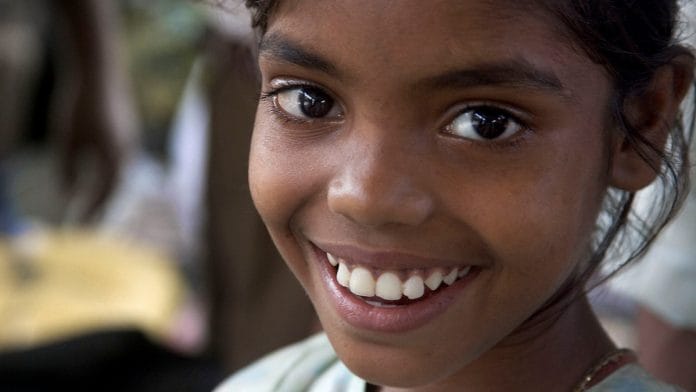New Delhi: Are you happy? It’s a simple yet extremely profound question. Happiness cannot be defined, but not for lack of trying. Everyone from poets and philosophers to economists and sociologists have grappled with the concept. In recent years, it has become even more relevant as even governments have started looking at happiness as a metric to measure success.
The World Happiness Report, released Friday, is a United Nations (UN) study that looks at how happy countries are. The report is annually released on 20 March, which the UN designated as International Day of Happiness.
This year, Finland topped the list, just as it has in the past few years, thanks to the fact that its citizens reportedly feel very safe — socially, physically, and economically. It was followed by countries such as Denmark, Switzerland, Iceland and Norway, all of which boast an excellent track record of public health policy, low crime rates and public education.
On the other end of the scale were Pakistan and India.
India ranked an abysmal 145, five spots lower than last year, of the total 153 countries scored.
First introduced in 2012, the World Happiness Report is part of the UN’s efforts to emphasise on the importance of happiness. With this, the intangible and relative concept has become serious business.
The report is based on a number of factors:
- gross domestic product
- social support
- healthy life expectancy
- freedom to make life choices
- generosity
- perceived corruption, and
- recent emotions.
It takes an aggregate of these factors across three years and rates countries on a relative scale. This year, the UN study ranked cities on their reported sense of well-being.
Also read: Humans aren’t naturally designed to be happy
More than a fuzzy feeling
While a happiness report or rank might seem trivial, it is this type of data that points to the gaping lacunae in our development policies and the people’s perception of how their governments perform.
The report also helps in pointing out the importance of qualitative development rather than quantitative. It takes into consideration what people really think about topics such as women’s rights, minority rights, corruption rates, infrastructure development, education policies, fundamental rights and more. In a way, it is perhaps the most important report for a developing economy like India.
The past year has been less than ideal for India. There were reports of multiple human rights violations, starting from when Jammu and Kashmir was put under the longest lockdown to the violence linked to the anti-Citizenship Amendment Act protests.
As recently as February, the national capital witnessed communal riots that lasted days. All of this, while the economy has struggled.
The Happiness Report shows that like Finland, countries would do better to find reasons to smile.
As John F. Helliwell, an editor of the annual happiness report, puts it, happy people trust each other and care about each other, and that’s what fundamentally makes for a better life, according to a New York Times report.
Also read: Cancelled sex parties, quarantine porn, kissing ban — how coronavirus is killing sex life






